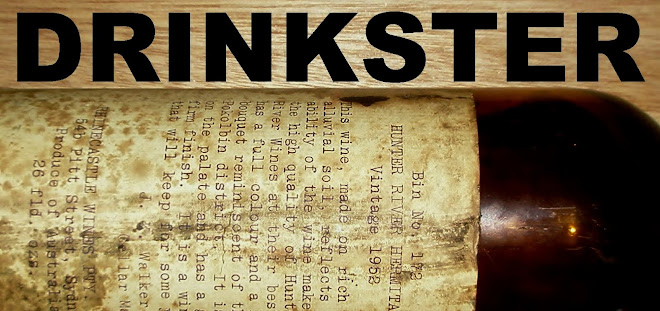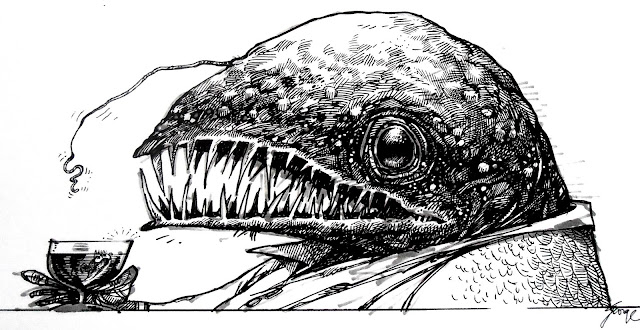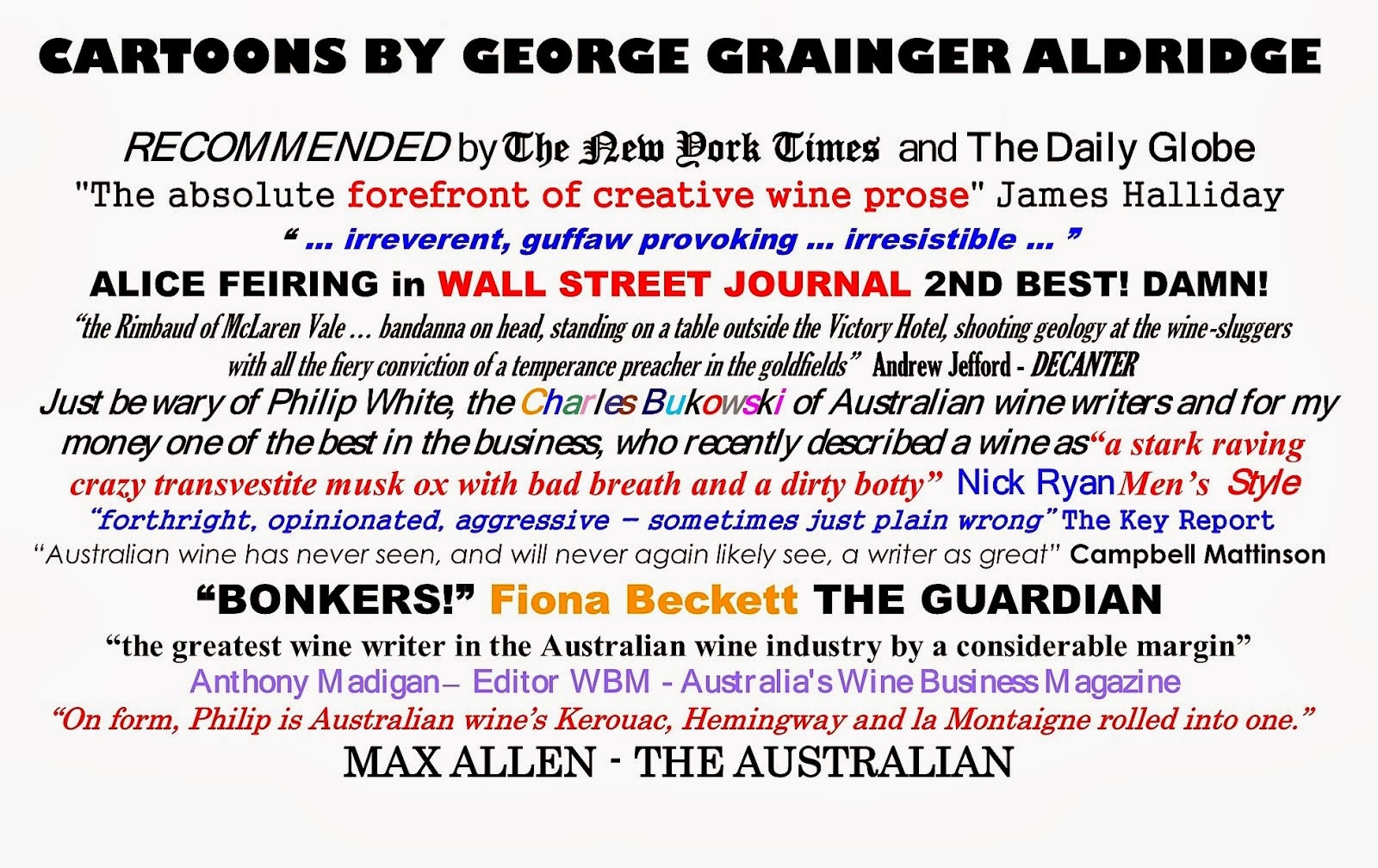
Putting The Terror Back Into Terroir Dr John's Second Epistle No Emo In This Chill Memo
by PHILIP WHITE
Let me read you the first bit of a poem by the late lyric genius of the bottom of life, Charles Bukowski. The poem is called My Failure, and it starts like this:
“I think of devils in hell
and stare at a
beautiful vase of
flowers
as the woman in my bedroom
angrily switches the light
on and off
we have had a very bad
argument
and I sit here smoking
cigarettes from
India
as on the radio an
opera singer’s prayers are
not in my
language.”
Now, I know I don’t have to say this because you know it already but in the stray shard of a chance that somebody didn’t know it, I have to say that when you read a poem by Charles Bukowski you can actually feel the warts he got in his throat from all those cranky decades of abuse and intensely deep enjoyment and annoyance. You can smell the perfidious miasma of his lungs a-gurgle with his tobacco juice coming out of your mouth, and you want to fart and scratch your balls out of suspicion and guilt. If you got any. If you don’t, from my knowledge of the situation, you’re probably a woman, in which case you either hate Bukowski like the lady with the light switch when she turns it ON, or you love him unswervingly like the one who turns it OFF.
I’m talking about balls, not suspicion and guilt.
And the look of him.
Which leads me to this important new book I anxiously received for review from Wakefield Press. I can’t manage to hear the words Wakefield Press without thinking of the bumptious Christopher Pearson, who once owned it, one way or another. Now he writes a hard right Roman Catholic de facto Fr Frank Murray sort of a litany for Rupert’s last fish’n’chips tablecloth, The Weekend Australian, and has nothing to do with the brave little publishing house the taxpayer originally funded, thanks very much. I can’t think of the Wakefield Press without thinking of Pearson.
The new Wakefield Press book is Wine, Terroir and Climate Change, by John Gladstones (below). I’ve always regarded Gladstones as a genius, if a happily troubled one. He’s a grand godfather of modern Australian viticultural science, whose previous bible, Viticulture and Environment has been my constant reference companion for the last two decades.
 Which is a habit espoused too by former Petaluma winemaker Brian Croser, who has written a blurb for the back of Wine, Terroir and Climate Change. “John Gladstones’ intricately researched understanding,” Croser writes, “of climate mechanisms and history, geology, soil and biology has created a welcome antidote to climate hysteria.”
Which is a habit espoused too by former Petaluma winemaker Brian Croser, who has written a blurb for the back of Wine, Terroir and Climate Change. “John Gladstones’ intricately researched understanding,” Croser writes, “of climate mechanisms and history, geology, soil and biology has created a welcome antidote to climate hysteria.”A quote which for some reason reminds me of the bleat of that nerdy pinup of Australian industrial viticulture, Dr. Dick Smart, who told the Wineries for Climate Protection conference in Barcelona last week that “Many of the concepts behind organics and biodynamics are nonsense. They’re not good for the environment … When people buy food they don’t mind choosing products that have been grown on land treated with chemicals, so why should they care about how a wine has been treated?”
 Which means that scientifically I can’t read Gladstones’ book without thinking of Dr Dick, and Dr Brian, who, coincidentally, was Pearson’s deeply caring and fearfully respected Head Prefect at Scotch.
Which means that scientifically I can’t read Gladstones’ book without thinking of Dr Dick, and Dr Brian, who, coincidentally, was Pearson’s deeply caring and fearfully respected Head Prefect at Scotch.Putting all that aside, I have tentatively probed Gladstones’ latest huge message, but withdraw repeatedly from it, for fear of it. It seems from the first hundred pages to be a typically forensic dissection of what’s going on, finishing with his splattering – with a mallet, not a scalpel – of biodynamics.
All that icy, precise analysis ends in a sledgehammer massacre.
Unlike a Bukowski jewel, Gladstones’ new work needs to be read many, many times to be digested and understood as thoroughly as it deserves. I shall no doubt be doing this, especially as an errant plunge ahead into the second half, Climate Change, reveals that over the last century, or century and a half, Gladstones believes that “of about 0.6ºC recorded temperature rise, half can be ascribed to variations in solar irradiance and magnetic field, and the rest probably to anthropogenic [human] causes. But much of the latter can be shown to derive from mistakes and biases in the thermometer record … ”
Great brain porridge here, if a little Plimerish at first sniff. GM breakfast replaces the morning dung. But it leads to a pondering of that mystifying buffer zone between science and religion, between reality and marketing, flavour and feeling, which, unfortunately for these slide-rule boffins, influences many, many wine buyers.
Humans are the single biggest aspect of terroir. All that dandy fluff about landscape, geology, climate and aspect provides an obvious mass to the old French theory of terroir, but whatever you think, the human intervention factor is the biggest when it comes to tipping somebody’s works into one’s own personal body.
I can’t drink a Croser wine without thinking of its maker. And those makers, like Croser, whose financial success depends almost entirely upon their missionary marketing zeal and the tireless zealotry with which they promoted themselves as vastly superior to their rivals.
Put very simply, it’s like Bukowski. You don’t have to know anything about his guttersnipe life to feel the HIM in his poems. But then, whether he believed it or not, he was a great poet. Only great winemakers can really influence terroir for the betterment of their wines, and these include those sufficiently sympathetic and sensitive to their piece of country that they can actually begin to improve its health, which may lead to an improvement in the flavour of its produce.
In my experience, those who claim to pursue biodynamic and organic practises generally produce flavours which are superior, from the vineyard up, to those who by rote apply the Monsanto/Adelaide University/hardhats/safety boots/petrochemical approach to sugar mining by industrial grape farming and dry, biochemical wine manufacture. By their very nature, the gentler, generally more caring folk have healthier gardens. They spend more time there, and are much more sensitive to the whims, folds and crannies of the land they farm, and the life abundant in it.
When they pick their fruit, they ferment it with similar sensitivity and respect. Of their grapes, and their customers. And themselves: their reputation.
You can taste it.
 Which lies in stark contrast to the blank sky-to-sky Nuremberg Rally of the sort of mindless industrial viticulture proposed and practiced by those huge companies which have spectacularly failed, taking thousands of tragic grape-growers with them as they lose billions. Billions.
Which lies in stark contrast to the blank sky-to-sky Nuremberg Rally of the sort of mindless industrial viticulture proposed and practiced by those huge companies which have spectacularly failed, taking thousands of tragic grape-growers with them as they lose billions. Billions.Because these wines have no human face, their addicts are more like those poor humans addicted to the drugs peddled by the biggest transnational pharmaceutical entities.
Similarly, the cleanskin racket mimics the way illicit drugs are dealt. There is no face.
I tend to favour great wines which remind me fondly of their maker. I can see the face.
If Colonel Sadness had catered for the five thousand with loaves and fishes, or McDonald’s, I doubt that history would remember them quite the same way as it does Our Lord Jesus Christ.
Gods aside, humans are the biggest aspect of terroir, see.
Respect of the law makes it impossible for me to give you a list of wines which I cannot abide in the gullet for my rotten memories of those who made them. Their prayers are not in my language. I could sing of vast cellars of wine which I cannot approach for the memory of the horrid drunken car ride their maker inflicted; the leering misogeny; the lies about illegal winemaking practises; the racist attitude to China; the bullying of, and withholding of payment from honest to goodness subcontractors; the lies we can suddenly follow on the internet as we track wandering Ocker winos around their evangelical tasting trails; the lies to the shareholders; those who brutally flog impossibly cheap ethanol to communities which simply cannot handle it; and not the least the brutes who habitually bugger their country whether it’s getting hotter or not.
There are far too many wines adorned with heap bling from the show circus which I simply cannot stomach for my bilious knowledge of their makers and their practices.
Which is one of the reasons these people absolutely hate reading me: they can smell me and my dangerous and disrespectful errancies in this ink.
If I want to taste warts in my throat, I’ll drink Bukowsi.
 “I realise hell is only what we
“I realise hell is only what wecreate,” he resolves,
“smoking these cigarettes,
waiting here,
wondering here,
while in the other room
she continues to
sit and
switch the light
on and off
on and
off.”
My Failure excerpts are from The Pleasures Of The Damned – Poems 1951-1993, by Charles Bukowski (Canongate, 2007). I promise to write much more of John Gladstone's book as I begin to comprehend it. I see it, and the interminable discussion it will trigger, as a perfect handbook for the research that should be conducted on Glenthorne Farm.













4 comments:
Burning in Water Drowing in Flame...page 145 "So Yeats, Keats, teats...nothing but an Apricot"
Keep the bastards honest Whitey!....a great read. I just picked up the new Gladstones yesterday and look forward to casting my peepers over it on the weekend.
Chuck's "What Matters Most Is How Well You Walk Through the Fire" collection seems fitting also.
Phillip,
Your life long failure has been your obsession with the value of your own opine.
Your lifelong mistake is that whilst from time to time you may have the words you don't have the perception.
Your life long sin is that you have never respected life itself.
In guess this just makes you a silly vacuous fat old cunt.
Phillip,
Your life long failure has been your obsession with the value of your own opine.
Your lifelong mistake is that whilst from time to time you may have the words you don't have the perception.
Your life long sin is that you have never respected life itself.
In guess this just makes you a silly vacuous fat old c**t.
Post a Comment